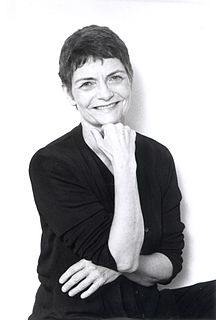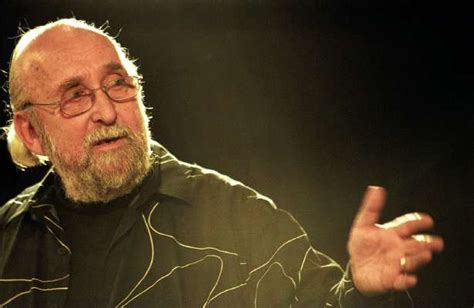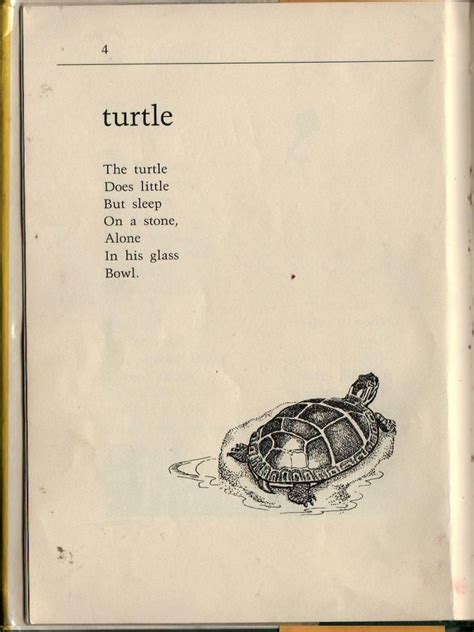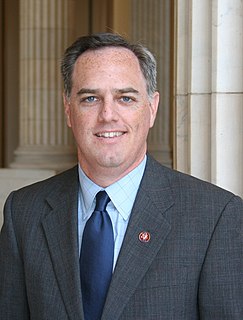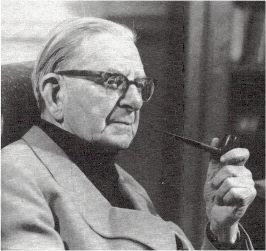A Quote by Stephanie Strickland
Poetry and code - and mathematics - make us read differently from other forms of writing. Written poetry makes the silent reader read three kinds of pattern at once; code moves the reader from a static to an active, interactive and looped domain; while algebraic topology allows us to read qualitative forms and their transformations.
Related Quotes
I'm saying that the domain of poetry includes both oral & written forms, that poetry goes back to a pre-literate situation & would survive a post-literate situation, that human speech is a near-endless source of poetic forms, that there has always been more oral than written poetry, & that we can no longer pretend to a knowledge of poetry if we deny its oral dimension.
My feeling is that most political poetry is preaching to the choir, and that the people who are going to make the political changes in our lives are not the people who read poetry, unfortunately. Poetry not specifically aimed at political revolution, though, is beneficial in moving people toward that kind of action, as well as other kinds of action. A good poem makes me want to be active on as many fronts as possible.
Sometimes he would advise me to read poetry, and would send me in his letters quantities of verses and whole poems, which he wrote from memory. 'Read poetry,' he wrote: 'poetry makes men better.' How often, in my later life, I realized the truth of this remark of his! Read poetry: it makes men better.
I barely read. I'm not a good reader at all. Rather than reading, I used to sit in front of the TV and watch black-and-white cowboy movies. I'm a painfully slow reader. It's really bad as an actor, because you have to read a lot of scripts. It takes me like an average of three hours to read a script, which is pretty poor.
When you learn to read and write, it opens up opportunities for you to learn so many other things. When you learn to read, you can then read to learn. And it's the same thing with coding. If you learn to code, you can code to learn. Now some of the things you can learn are sort of obvious. You learn more about how computers work.
